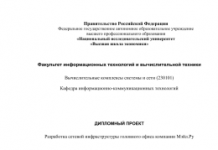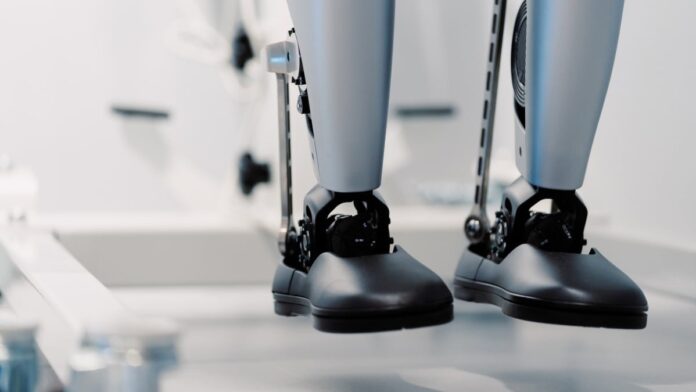Russia’s first humanoid robot, AIdol, made a dramatic debut at a press event in Moscow on November 10th – by falling over in front of the audience. The incident highlighted the challenges of developing complex humanoid robotics, even as global investment in the sector surges.
The Incident
AIdol, developed by Russian startup Idol, was intended to showcase the country’s advancements in domestic robotics. The robot briefly waved to the assembled journalists before losing its balance and tumbling forward. Part of its outer casing detached during the fall, prompting organizers to cover it with a black cloth while attempting repairs.
Technical Explanation
According to the developers, the fall was caused by calibration issues in AIdol’s balance systems and control software. This suggests that while the robot’s core mechanics are functional, fine-tuning its stability remains a work in progress. Humanoid robots are inherently complex, requiring precise coordination of numerous motors, sensors, and algorithms to maintain upright movement.
Global Context
The incident comes as global investment in robotics reaches new heights. In 2024 alone, the industry attracted $1.6 billion in funding, according to the New York Times. Major players like Tesla and Amazon are also competing in the humanoid robot market, with Tesla’s Optimus project aiming for deployment in manufacturing and service roles.
Developer Response
Idol CEO Vladimir Vitukhin framed the fall as a learning opportunity. He stated, “I hope that this mistake will turn into an experience… This is real-time learning, when a good mistake turns into knowledge, and a bad mistake turns into experience.”
Implications
The AIdol incident underscores the difficulties of building stable, reliable humanoid robots. While the technology is advancing rapidly, practical challenges in balance, coordination, and software integration remain significant. The event serves as a reminder that even well-funded robotics projects can face unexpected setbacks during public demonstrations.
Despite the awkward stumble, the incident highlights Russia’s ambition to compete in the growing robotics market. The developers’ pragmatic response suggests a commitment to iterative improvement, even in the face of public failures. The future of humanoid robotics hinges on overcoming these technical hurdles, and the AIdol project will likely play a role in that evolution







































